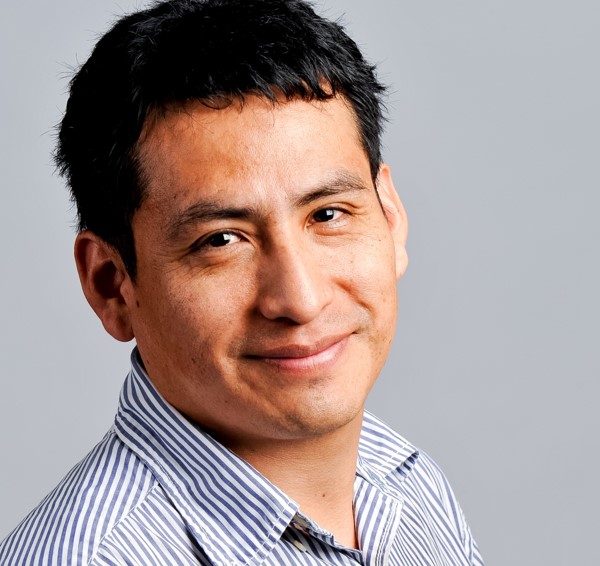Project Title: Quantifying the Benefits of IoT-AI Optimization Frameworks for Reducing Combined Sewer Overflows: A Study of Two Real-World Sewer Systems
Funding Agency: U.S. National Science Foundation
Period: June 2025 - May 2028
PI: Arturo S. Leon
Co-PI: Zeda Yin
Combined Sewer Overflows (CSOs) pose serious risks to both public health and the environment, requiring intelligent, data-driven solutions for effective prediction and mitigation. While artificial intelligence (AI) and machine learning (ML) offer transformative potential for optimizing sewer system operations, their practical deployment remains hindered by key technical barriers: insufficient guidance on the optimal spatial density and placement of Internet of Things (IoT) sensors for capturing unsteady hydraulic behavior; limited methods for distinguishing between physical events and sensor-related anomalies; and a lack of comprehensive field-scale studies validating AI/ML applications in operational settings. The goal of this proposal is to develop an integrated AI-based optimization framework that unifies IoT sensing, physics-based hydraulic modeling, and scalable ML algorithms to support proactive, system-wide CSO management.












Sequential snapshots in the horizontal pipe of one of our geyser experiments








Sequential snapshots of geyser eruption in one of our experiments
The research is structured around three core objectives: (1) identifying sensor configurations that balance spatial coverage with cost-efficiency; (2) developing high-precision anomaly detection algorithms that isolate non-physical noise from genuine hydraulic events; and (3) empirically evaluating AI and ML performance in mitigating CSOs across diverse operational conditions. Field deployments in two urban sewer networks, enhanced by high-resolution Computational Fluid Dynamics (CFD) simulations, will inform sensor deployment strategies and refine flow prediction models. AI-enhanced anomaly detection will improve data reliability, while ML models trained on heterogeneous datasets will enable accurate, real-time forecasts of CSO volumes and locations. Key deliverables include open-source, AI-physics hybrid modeling tools, advanced anomaly detection techniques, and a field-validated assessment of AI’s role in enhancing the resilience of urban wastewater infrastructure. Project outcomes will be disseminated through technical workshops and open-access digital platforms, fostering widespread adoption of AI-driven sewer management solutions and advancing the state of smart urban water systems.
Project Participants:
Current Research Outcomes:
This project started on June 2025. For the research outcomes of this project, please click the buttons below accordingly.
Website visitors since January 30, 2020
COPYRIGHT, ARTURO S. LEON




